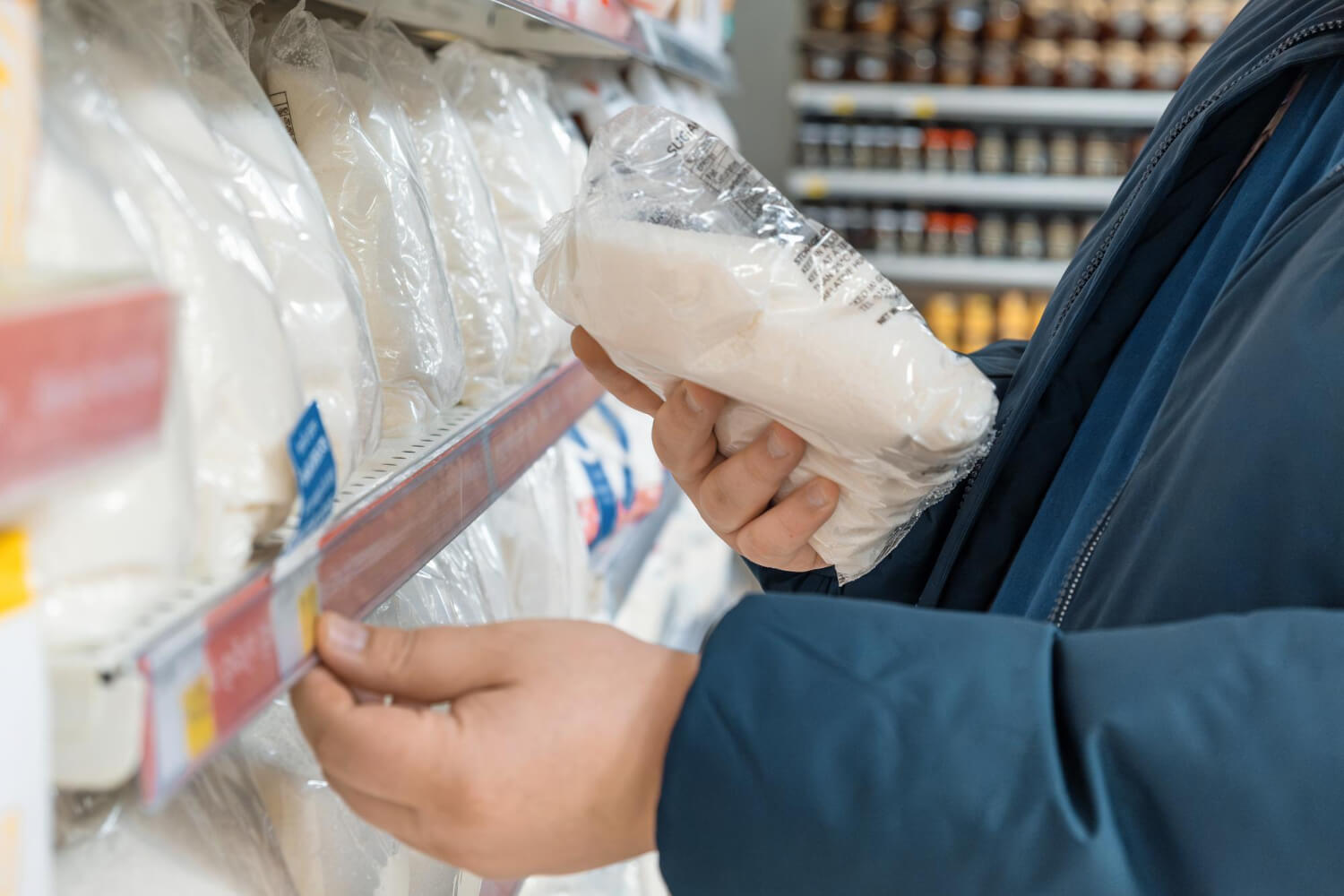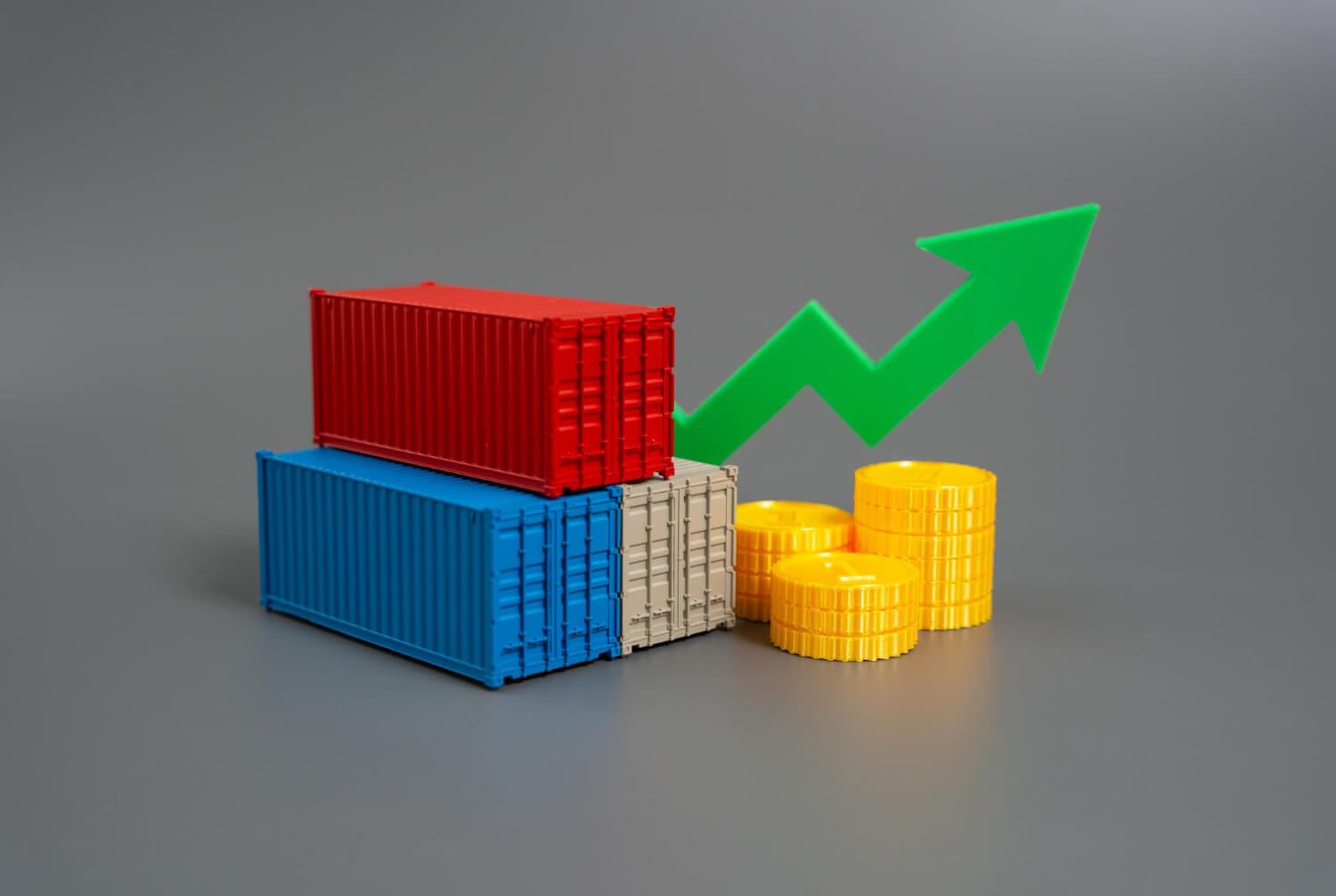Is China Still the Best Option for Africa to Source Plastic Bags? Why Malaysia Is Emerging as a Strong Alternative

Across Africa, the demand for plastic bags is growing rapidly — from retail chains in Angola and Senegal, to agriculture and wholesale packaging in Zambia and Congo DRC, and expanding consumer markets in Gabon and Mali. For decades, African importers have turned to China as the default sourcing hub.
But as global trade dynamics evolve, importers are asking an important question: Is China still the best choice, or should we explore alternatives in Asia?
Why China Became the Go-To Supplier
For many years, China’s dominance in plastic manufacturing was unrivaled:
- Scale and Low Cost: Large factories and economies of scale kept prices competitive.
- Established Shipping Routes: Chinese suppliers had longstanding connections to African ports.
- Diverse Product Range: From T-shirt bags to heavy-duty sacks, options were plentiful.
According to ITC Trade Map, China still accounts for more than 30% of Africa’s plastic packaging imports.
Challenges African Importers Face with China

While China remains a major supplier, importers increasingly face obstacles:
- Rising Shipping Costs: Container freight rates have doubled or tripled since the pandemic.
- Unpredictable Lead Times: Port congestion and rerouting add weeks to deliveries.
- Quality Inconsistencies: Thinner gauge, misprints, or non-compliant products create hidden costs.
- Geopolitical Risks: Trade tensions or shipping route disruptions increase uncertainty.
For African businesses where supply chain stability is crucial, these risks can directly affect profitability.
Why Malaysia Is a Smart Alternative
Countries like Vietnam, Thailand, and Indonesia are gaining traction, but Malaysia stands out for several reasons:
International Quality Standards
Malaysian manufacturers adhere to ISO and international packaging certifications, giving buyers confidence in durability and compliance.
Strategic Shipping Connectivity
Ports like Port Klang offer reliable shipping to Africa, with transit times to Southern ports averaging 19–23 days — often shorter and more predictable than routes from Northern China.
Competitive Total Value
While Malaysian unit prices may be slightly higher, lower rejection rates and shorter delivery cycles reduce overall landed cost.
Sustainability Options
Malaysia is investing in biodegradable and oxo-degradable bags, aligning with eco-regulations that countries like Senegal and Gabon are beginning to adopt.
Malaysia exported over USD 1 billion worth of plastic products in 2023, with growing demand from African markets.
Why African Importers Should Diversify
For businesses in Angola, Congo DRC, Gabon, Zambia, Senegal, and Mali, sourcing is no longer just about price. Importers now prioritize:
- Reliable delivery to avoid stock-outs.
- Compliance with new environmental rules.
- Long-term supplier partnerships instead of transactional buying.
By adding Malaysia to their sourcing strategy, African importers can balance cost with quality, consistency, and sustainability.
Conclusion
China will remain an important global supplier, but it is no longer the only viable option. For African businesses seeking stability, consistent quality, and eco-friendly choices, Malaysia offers a strong and credible alternative.
If you are looking for a trusted Malaysian partner, Enrich Package (Malaysia) Sdn Bhd supplies a wide range of plastic bags from retail shopping bags to heavy-duty industrial packaging — and already supports importers across Africa, including Angola, Congo DRC, Gabon, Zambia, Senegal, and Mali.
Disclaimer:
We hope you found this article informative. Our content is intended for general informational purposes only and does not constitute advice or necessarily reflect the full range of services offered by Enrich Package (Malaysia) Sdn. Bhd.
Readers are advised to consult with a qualified industry professional and contact our experts for packaging recommendations specific to their individual business needs. While we strive for accuracy and completeness in our blog posts, we cannot guarantee they are error-free. Enrich Package (Malaysia) Sdn. Bhd. assumes no responsibility for any errors or omissions.